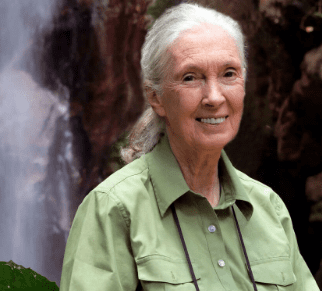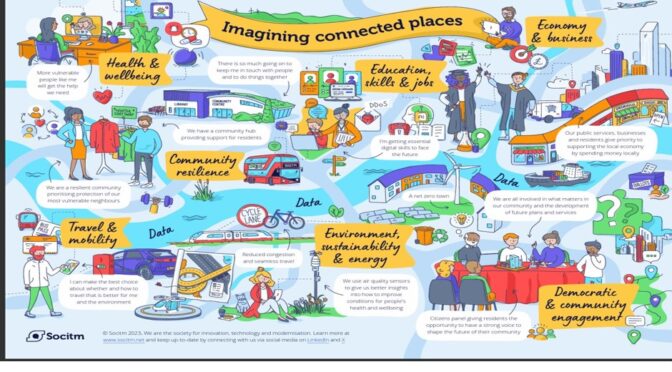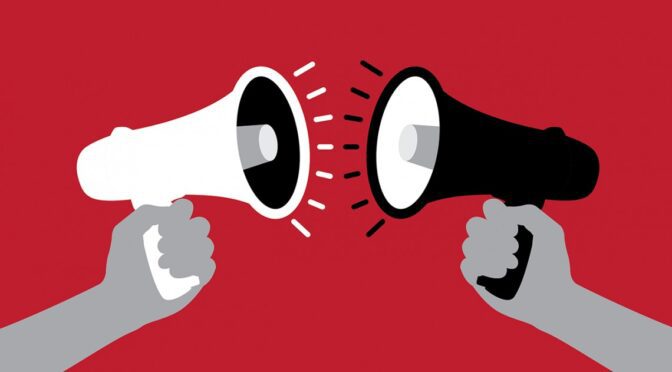
13th December 2024










The 2024 Consultation overview report and background paper set out participants shared insights as to what works, what needs to change, and set of “calls to action” to bring about wider place-based social, environmental, economic and technological progress.

